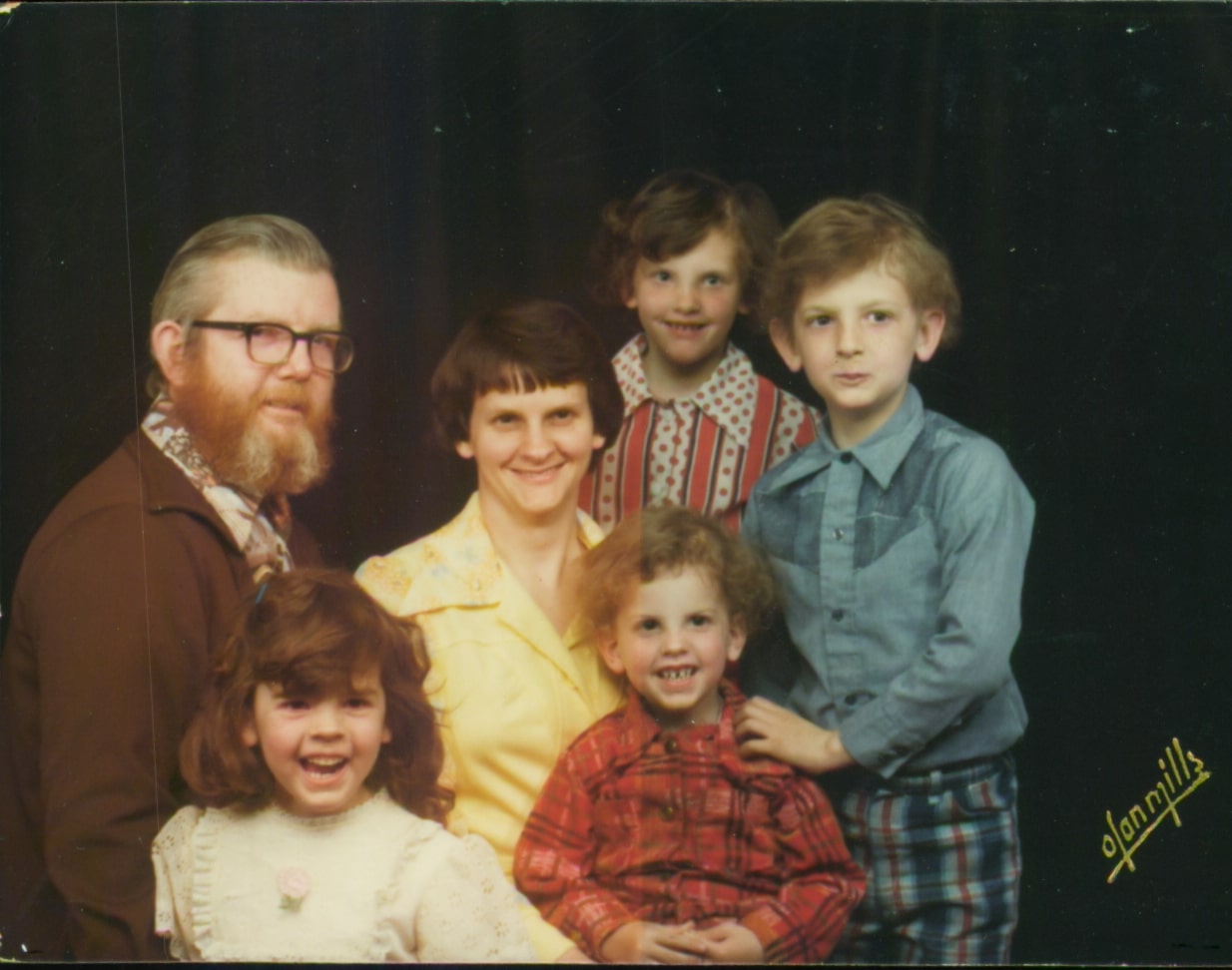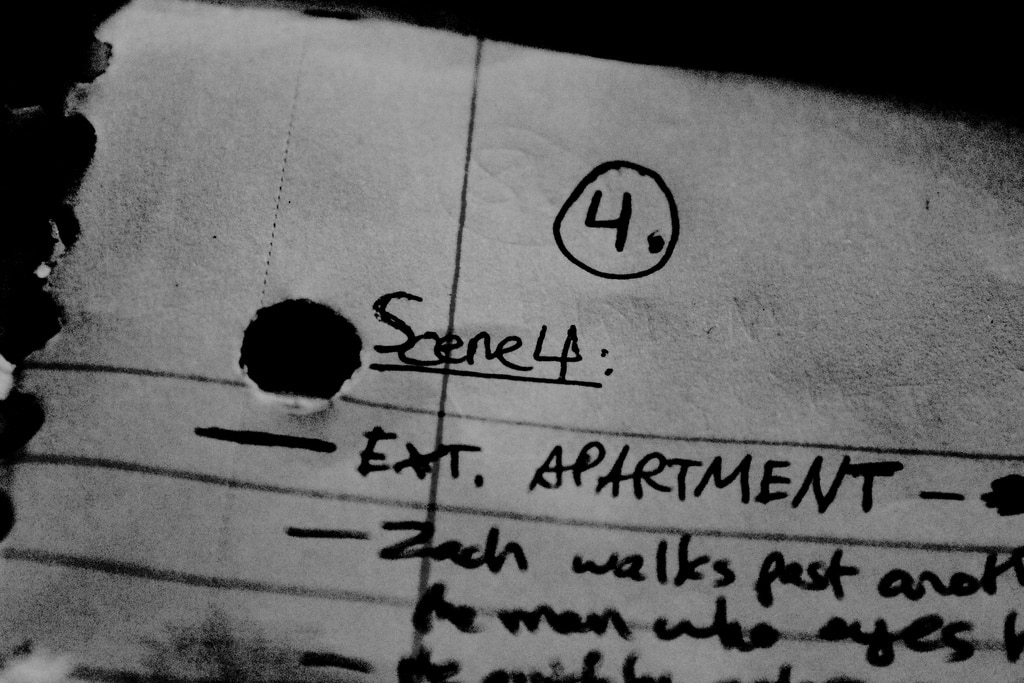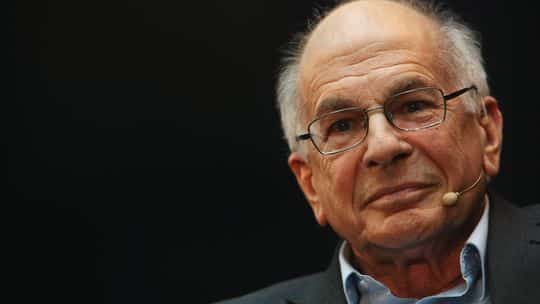The people captured in the family photo couldn’t know what would unfold five, 10, 20 years down the road! But you do, the writer who can craft a compelling storyline for one of these six characters-in-process!

At The Write Practice, we publish a new article each day designed to help writers tackle one part of their writing journey, from generating ideas to grammar to writing and publishing your first book. Each article has a short practice exercise at the end to help you immediately put your learning to use.
Check out the latest articles below or find ones that match your interest in the sidebar.
And make sure to subscribe to get a weekly digest of our latest posts, along with our free guide, 10 Steps to Become a Writer.

The people captured in the family photo couldn’t know what would unfold five, 10, 20 years down the road! But you do, the writer who can craft a compelling storyline for one of these six characters-in-process!

As writers, we spend a lot of time alone, pouring our hearts onto the page. But if we want to produce the very best work that you can, this isn’t enough. To truly make our work the best it can be, we need fresh eyes. We need to show our work to others willing to pick up that loathed red pen and critique our writing.

What Is a Logline? Defined simply, the logline is a single sentence (sometimes two) that answers the basic question “what is your story about?” In everyday life, you might encounter a logline most frequently in a TV guide or on your DVR. It seems simple, but the art of writing a compelling logline can elude even the most established writer.
A month ago, we took an hour and wrote about pain as a literary theme. Today’s theme is CONTROL. At times painful, at times rewarding, control is one of those elusive, dynamic, yet ever-present forces in human life. It shifts colors the way chameleons walk across the street. It mesmerizes deeper, faster, scarier than you can bungee jump. It prickles the skin and it haunts the psyche.
But control also gives you unimaginable freedom and possibility. Will you embrace it?

Recently I was shocked to discover that I am a finalist for a writers contest. Are you considering entering a writing contest? Here are some things to consider that I learned from entering writing contests.

Traveling the world a little bit at a time can offer life experience that no amount of internet research can bring, because you are not only seeing the world, you’re getting the opportunity to taste, smell, touch, and live in the moment.
Good writing always puts the reader right into the moment, into the location, and life experience makes a writer more capable of describing the world in a way that the reader can almost experience it themselves. To do that, it’s important that you first experience life fully. And what better way to do that than through travel?

I’m reading Nobel Prize winning Daniel Kahneman‘s groundbreaking book Thinking Fast and Slow.
What does a celebrated psychologist turned economist have to say about creative writing (besides the fact that his step-daughter is the fiction editor at the New Yorker)? A lot. The lessons I’m learning from Thinking Fast and Slow are transforming the way I write, and I think they will help you, too.

There are all kinds of words that seem to pop up in your story while you’re writing the first draft. They can make your writing sloppy, cause confusion, and take up space, sometimes all at once. Some call them “filler words,” others “weasel words,” or any other variation of the term. I think we can all agree, though, that these words are tricky and must be destroyed. But how do you identify these words?

Knowing your end game is the best strategy for directing your steps right now. Sometimes we get so focused on current projects and the steady acceptance of others, we fail to ask, ”Is what I’m doing in line with my goals?” Three questions to ask yourself when looking at the writing road ahead.
![Paris [writing prompt]](https://thewritepractice.com/wp-content/uploads/2014/03/Paris-rush-hour.jpg)
Paris is the City of Light, the city where the great modernists writers lived and met each other, like James Joyce, Ernest Hemingway, Gertrude Stein, F. Scott Fitzgerald and more. It’s the city where Ben Franklin did diplomacy and wrote for more than a decade. It’s the city of Victor Hugo’s Les Miserables and Charles Dickens A Tale of Two Cities.
Write about Paris. Write for fifteen minutes. When you’re finished, post your practice in the comments section. And if you do post, be sure to give feedback to your fellow writers.
Happy writing!